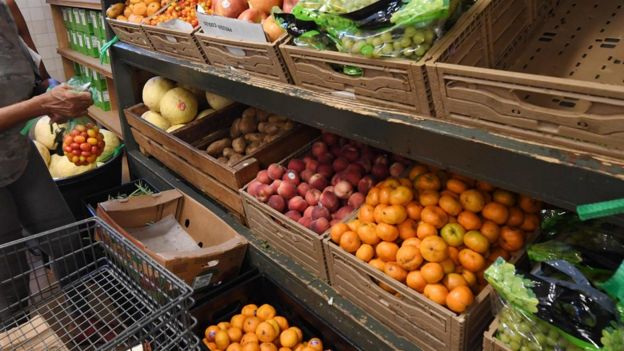US President Donald Trump’s administration is to make it more difficult for poorer legal migrants to extend their visas or gain permanent resident status (a green card).
The rule targets migrants who rely on public benefits, such as food aid or public housing, for more than a year.
Their applications will be rejected if the government decides they are likely to rely on public assistance in future.
The rule change would reinforce “ideals of self-sufficiency,” officials said.
The new regulation, known as a “public charge rule”, was published in the Federal Register on Monday and will take effect on 15 October.
Who will be affected?
Immigrants who are already permanent residents in the US are unlikely to be affected by the rule change.
It also does not apply to refugees and asylum applicants.
But applicants for visa extensions, green cards or US citizenship will be subject to the change.
Those who do not meet income standards or who are deemed likely to rely on benefits such as Medicaid (government-run healthcare) or housing vouchers in future may be blocked from entering the country.
Those already in the US could also have their applications rejected.

An estimated 22 million legal residents in the US are without citizenship, and many of these are likely to be affected.
Civil rights groups have said the move unfairly targets low-income immigrants. The National Immigration Law Center (NILC) has said it will sue the Trump administration to stop the regulation from taking effect.
But the White House said the current system favours immigrants with family ties rather than those who “are self-sufficient and do not strain our public resources”.



